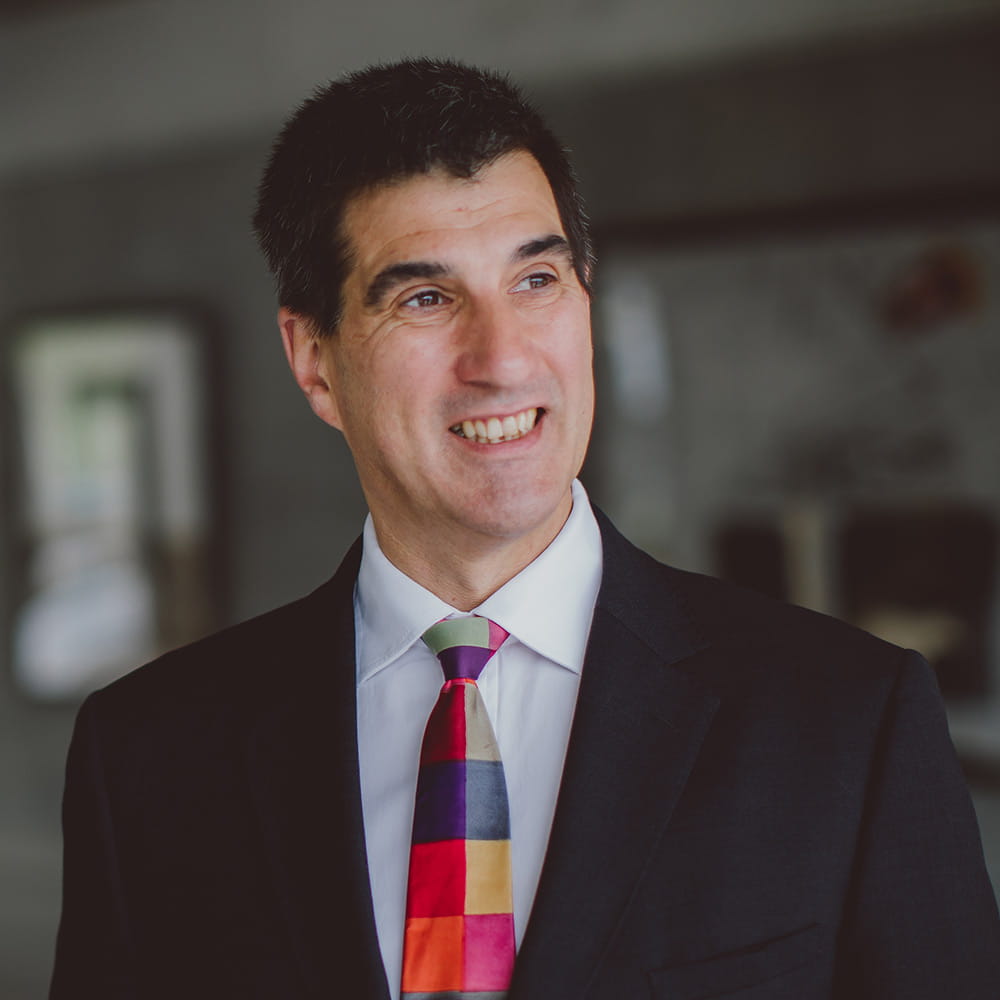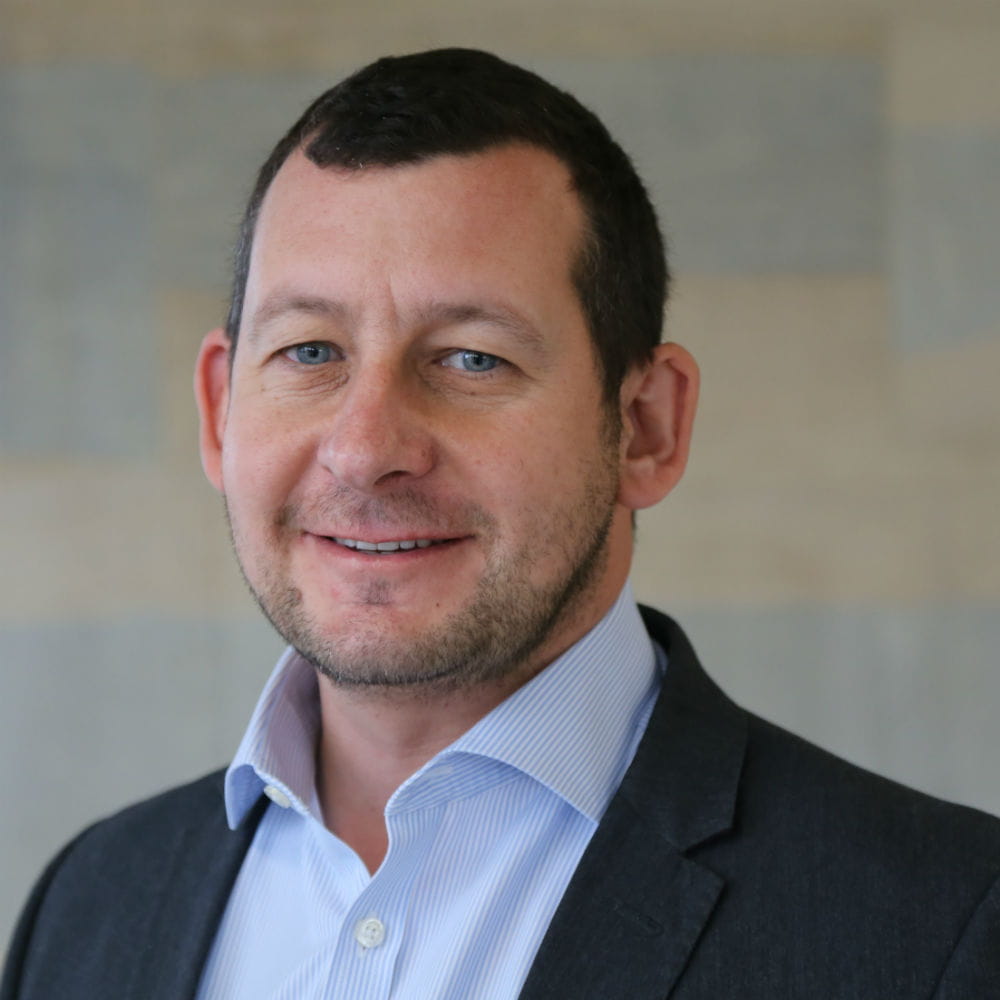Our Vice-Chancellor, Professor Anthony Forster, and our Dean of partnerships, Professor Dominic Micklewright, explain why it’s so important for us to continue to work with and nurture relationships with European universities.
We are proud of our reputation as an international cosmopolitan university, but we know that this can never be taken for granted. To play our part in ensuring Essex remains a beacon of global education and research excellence, it is paramount that we continue to work with and nurture relationships with European universities, especially those who share our values and with whom we have complementary strengths. This is the best way that our staff and students can be citizens of the world, understanding local and global contexts as they benefit from, and contribute to, an international knowledge base.
“Our future should not be seen as a zero-sum game”
We need to do this because our future should not be seen as a zero-sum game: with our focus on developing partnerships in other parts of the world coming at the expense of our existing links and deep levels of engagement with our European university partners. The current strength of the UK higher education and research is built on over 45 years of close engagement with European universities. Continuing this is crucial to the UK in retaining its pre-eminent place in arts and humanities, science and health and social science – and achieving its ambitions to become a global Britain. It is also crucial to Essex’s continuing success as a global university, proudly ranked 21st in the world for international outlook.
This is why in 2015, we wanted Essex to lead the way in founding a network of Young European Research Universities (YERUN). YERUN is a network of 17 like-minded universities that have been in the top 50 in the Times Higher Young University Rankings and are of a similar age. Importantly, we also share common values, being equally committed to excellence in education and research and to developing close research links between our universities. The most recent initiative, which will be led by Professor Sanja Bahun, Dean of Postgraduate Research and Education, is the development of a European framework for joint doctoral programmes and comprehensive support for early career researchers.
“a radical proposal designed to shake up existing hierarchies”
Last year, the European Union announced an initiative to create a limited number of federated European Universities, backed by significant funding. This is a radical proposal designed to shake up existing hierarchies and turbo-charge deeper engagement than currently exists in existing networks and Erasmus programmes. It is no surprise that at the University of Essex we invested time and resources in responding to this initiative. For young European universities such as ourselves, reputation and global league table position in part stems from our willingness to challenge the status quo. The European Universities Network initiative offers us an exciting opportunity for disruptive innovation in higher education.
We are delighted that, earlier this year, Essex became a founding partner in the Young Universities for the Future of Europe (YUFE). But it is a matter of great sadness to us that so few UK universities are full members of this new form of a federated European University and the opportunities it will offer. Only Edinburgh and Warwick are participating as full members of separate consortia amongst the 17 successful networks.
The YUFE European University brings together Antwerp, Bremen, Carlos III Madrid, Essex, Maastricht, Roma Tor Vergata, Eastern Finland, Cyprus, the University of Rijeka and Nicolaus Copernicus University. We are proud that, of all submitted bids, YUFE was the top ranked alliance scoring 97/100. Our focus now is to deliver the benefits that YUFE offers for our staff and students, and for our communities.
“The scale of our ambition is striking”
The scale of our ambition is striking, with YUFE universities focused on students obtaining joint degrees based on student-centred learning, innovative pedagogies, learning of languages, physical and virtual mobility, work-based learning and the transfer of the latest research results into education programmes. Researchers will benefit from sharing infrastructure and the creation of interdisciplinary teams, where students, staff, academics and local ecosystems co-create and co-share knowledge and innovation. At the heart of the idea is a desire to shape a new generation of creative Europeans who work together across borders and across disciplines; and to enhance the global performance and competitive advantage of European universities for the benefit of individuals and society.
We will continue to provide leadership in relation to our European alliances. In addition, we are delighted that Dr Nadine Rossol has been appointed to the new role of Deputy Dean of Partnerships (Europe) and that Monica Illsley, Chief of Staff in the VC’s Office will provide additional support. In this way we are ensuring that we have the senior leadership focus to ensure we nurture the vitality of our European links, which are central to who we are and what we stand for. In this way, deepening levels of engagement with our European university partners will complement our focus on developing partnerships in other parts of the world.
Professor Anthony Forster, Vice-Chancellor.
Professor Dominic Micklewright, Dean of Partnerships.




